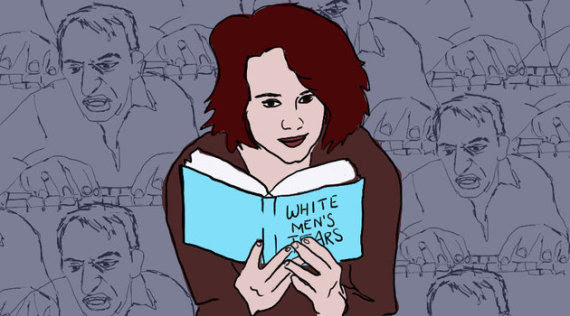

The word utopia resembles both the Greek words outopos ("no place"), and eutopos ("good place"). The word utopia was first used in direct context by Sir Thomas More in his 1516 work Utopia. See also: List of utopian literature and Category:Utopian fiction

Some of these trends have created distinct subgenres such as ecotopian fiction, climate fiction, young adult dystopian novels, and feminist dystopian novels. This increase is partially associated with the rise in popularity of genre fiction, science fiction and young adult fiction more generally, but also larger scale social change that brought awareness of larger societal or global issues, such as technology, climate change, and growing human population. More than 400 utopian works in the English language were published prior to the year 1900, with more than a thousand others appearing during the 20th century.

Both utopias and dystopias are commonly found in science fiction and other types of speculative fiction. Some novels combine both genres, often as a metaphor for the different directions humanity can take depending on its choices, ending up with one of two possible futures. Dystopian fiction offers the opposite: the portrayal of a setting that completely disagrees with the author's ethos. Utopian fiction portrays a setting that agrees with the author's ethos, having various attributes of another reality intended to appeal to readers. Utopian and dystopian fiction are genres of speculative fiction that explore social and political structures. Genres of literature that explore social and political structures


 0 kommentar(er)
0 kommentar(er)
